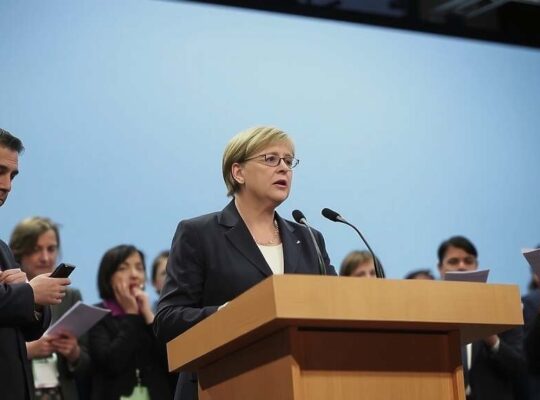The state-owned development bank, KfW, is planning a significant reduction in its workforce, with approximately one in ten positions slated for elimination by 2029. A spokesperson confirmed the planned downsizing to the “Handelsblatt”, indicating a loss of around one hundred jobs. The bank portrays this move as a socially responsible measure, intended to occur through natural attrition and minimizing disruption for affected employees.
This strategic shift comes as the German government’s commitment to international development cooperation experiences a noticeable contraction, leading to a reduction in available funding. Consequently, KfW’s development bank division, tasked with executing projects on behalf of the federal government in developing and emerging nations, is under pressure to enhance efficiency and optimize resource allocation.
The bank’s response involves a complete restructuring of the organizational framework. This includes streamlining workflows and accelerating digitization efforts. However, critics question whether these measures are solely a response to budget constraints or reflect a broader re-evaluation of Germany’s developmental priorities. Concerns are being raised about the potential impact on the quality and scope of vital projects, especially in fragile states heavily reliant on German assistance.
While KfW insists the restructuring will be implemented in a socially responsible manner, experts are urging transparency regarding the criteria used to determine affected positions and the long-term consequences for the effectiveness of Germany’s development aid program. The reduction also raises questions concerning the government’s commitment to achieving Sustainable Development Goals and its ability to maintain its influence on the international stage. The decision is expected to fuel debate regarding the balance between fiscal austerity and Germany’s historical responsibility in supporting global development.












